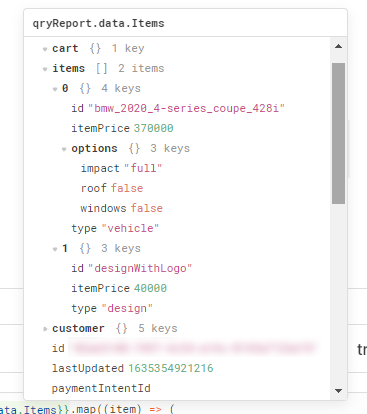Adding the optional chaining operator did it!
Here's an exploded view of that data, for reference. Would love to know why that operator was needed in this instance:

Adding the optional chaining operator did it!
Here's an exploded view of that data, for reference. Would love to know why that operator was needed in this instance:
